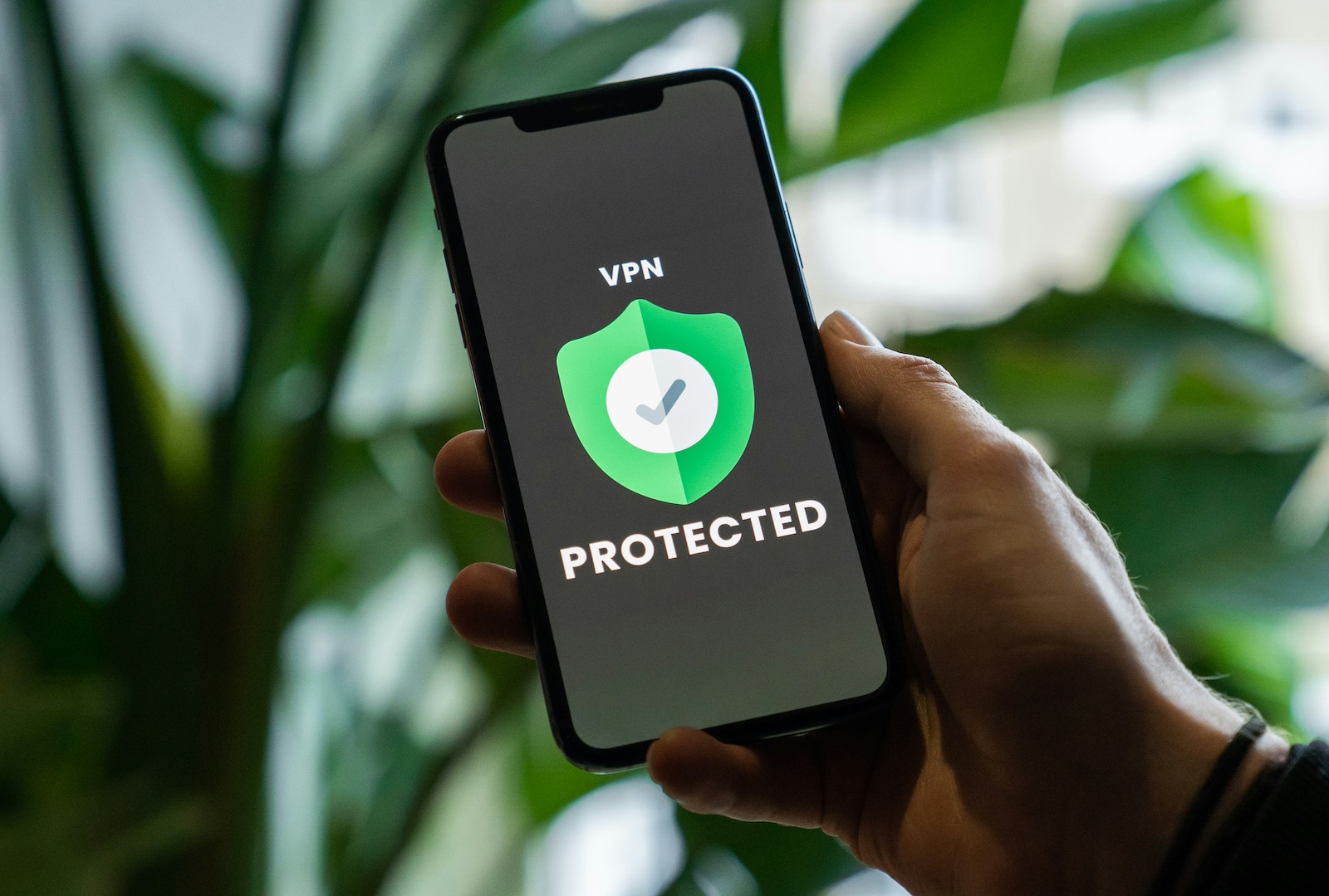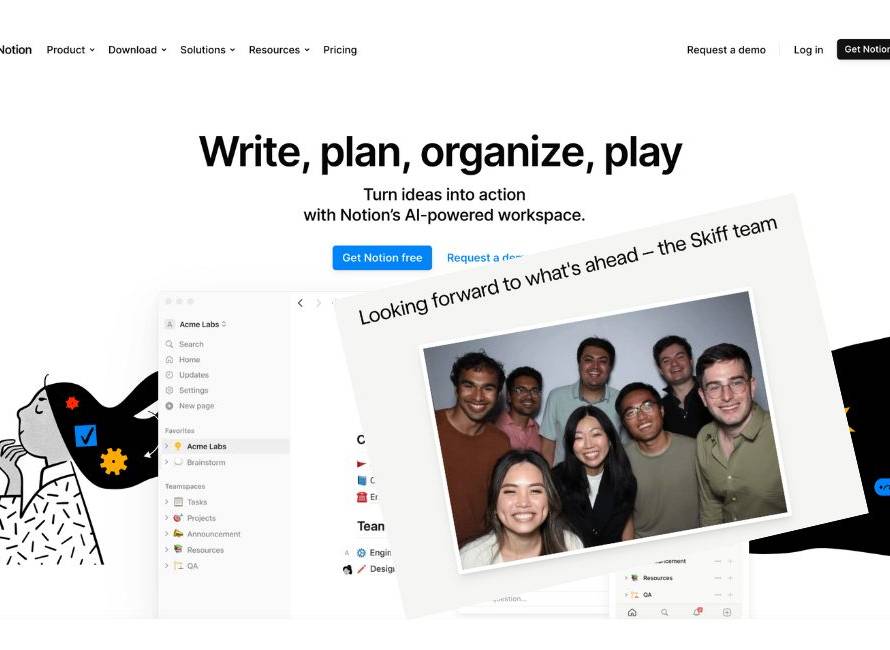Rubrik, the Microsoft-backed data security startup, recently filed for an initial public offering (IPO) on the New York Stock Exchange. This move has garnered significant attention, as it could potentially highlight the growing importance of cybersecurity in the realm of artificial intelligence (AI). A leading data management and security company, Rubrik has been at the forefront of leveraging artificial intelligence (AI) to revolutionize the way organizations safeguard their critical data and infrastructure.
So are tech IPOs back in 2024? Does Microsoft have another winner? The impending Rubrik IPO is expected to shine a spotlight on the growing importance of AI-powered cybersecurity solutions. Rubrik’s core offerings, which include advanced data backup, recovery, and threat detection capabilities, have been bolstered by the integration of AI and machine learning algorithms. This technology-driven approach has enabled Rubrik to rapidly identify and mitigate cyber threats, outpacing traditional security measures that often struggle to keep pace with the evolving tactics of cybercriminals. As Rubrik takes center stage in the public markets, its success and the investor community’s response are likely to underscore the pivotal role that AI will play in shaping the future of cybersecurity.
While Rubrik’s core offerings revolve around data protection and recovery solutions, the company’s emphasis on “zero trust” principles and its integration with Microsoft’s Azure cloud platform position it at the forefront of secure AI adoption. AI will continue to permeate various industries, ensuring data security and privacy will increasingly become paramount. Rubrik’s IPO could draw investors’ attention to the critical role cybersecurity plays in enabling safe and responsible AI deployment across enterprises.
As the tech industry eagerly awaits Rubrik’s highly anticipated initial public offering (IPO), all eyes are on the potential impact this event may have on the broader cybersecurity landscape. By going public, Rubrik may inspire other cybersecurity firms focused on AI security to follow suit, further solidifying the sector’s significance in the rapidly evolving AI landscape.
So what are you doing right now to manage your own cybersecurity?
At its core, using a VPN (Virtual Private Network) service provides a basic layer of cybersecurity by encrypting your traffic and masking your IP. However, it should be combined with other security tools and best practices for comprehensive protection against cyber threats.
The Enduring Importance of VPNs in 2024
Virtual Private Networks (VPNs) have become an essential tool for internet users for many years now, and their importance is only set to grow in 2024 and beyond. As our internet usage and searches become increasingly powered by AI, the need for robust online security and privacy has never been more pressing.
There are several types of VPNs available for personal use:
– Remote Access VPN: This allows individuals to securely connect to a private network (e.g. home or office network) from a remote location over the internet. It encrypts the internet traffic and masks the user’s IP address, providing online privacy and security.
– Personal VPN: These are commercial VPN services offered by providers like NordVPN, ExpressVPN, and Surfshark. They are designed for individual users to encrypt their internet traffic, bypass geo-restrictions, and maintain online anonymity.
– Mobile VPN: These are VPN apps specifically designed for use on mobile devices like smartphones and tablets. They provide the same encryption and privacy benefits as personal VPNs but are optimized for mobile platforms.
– Browser-based VPN: Some web browsers like Opera have built-in VPN functionality that encrypts internet traffic from within the browser. However, these typically offer limited features compared to dedicated VPN apps.
Using a Virtual Private Network (VPN) offers several benefits for personal cybersecurity:
- Encryption: A VPN encrypts your internet traffic, making it extremely difficult for anyone to intercept and read your data. This protects you from man-in-the-middle attacks, eavesdropping, and data theft when using public Wi-Fi or untrusted networks.
- IP Masking: A VPN hides your real IP address and assigns you a different IP from the VPN server’s location.This makes it harder for websites, advertisers, or hackers to track your online activities and physical location.
- Bypass Censorship: A VPN can help you bypass internet censorship and access restricted websites or content in certain regions.
- Online Privacy: By masking your IP and encrypting your traffic, a VPN prevents your internet service provider (ISP) from tracking your online activities and selling your browsing data to third parties.
- Public Wi-Fi Security: When connected to public Wi-Fi hotspots, which are often insecure, a VPN encrypts your data and protects you from potential snooping or man-in-the-middle attacks.
- Anonymity: A VPN can provide a degree of online anonymity by concealing your real IP address and location, making it harder to trace your online activities back to you.
- Access Geo-Restricted Content: With a VPN, you can bypass geographic restrictions and access content that may be blocked in your region, such as streaming services or websites.
While a VPN is not a complete cybersecurity solution, it adds an essential layer of protection for your online privacy and security, especially when using public networks or accessing sensitive information.
Improving Remote Work Productivity
The COVID-19 pandemic has accelerated the shift towards remote work, and VPNs have become an essential tool for maintaining productivity and security in this new work environment.
By providing secure remote access to company networks and resources, VPNs ensure that employees can work seamlessly from anywhere, without compromising the integrity of sensitive corporate data. This is especially crucial for organizations handling confidential information or operating in highly regulated industries.
Moreover, VPNs can help remote workers bypass bandwidth throttling and access blocked websites, enabling them to stay connected and productive, even in the face of internet restrictions.
The Future of VPNs
As the digital landscape continues to evolve, the importance of VPNs is only set to grow. With the increasing prevalence of IoT devices, the rise of 5G technology, and the ongoing threat of cybercrime, the need for robust online security and privacy solutions will only become more pressing.
VPNs have firmly established themselves as an essential tool for internet users, from enhancing online security and protecting privacy to overcoming geographical restrictions and supporting remote work, the benefits of VPNs are clear and compelling.
The importance of VPNs will only continue to grow with the rapid demand of AI-powered devices and services, making them an indispensable part of the modern internet landscape.
With every tech and device slowly being powered by AI, here a few popular AI-powered VPN (Virtual Private Network) services in the market:
- NordVPN, a leading VPN provider, has introduced an AI-powered feature called Threat Protection.
- Threat Protection uses machine learning algorithms to analyze internet traffic and proactively block malware, phishing attempts, and other cyber threats.
- The AI-powered component enhances NordVPN’s traditional VPN capabilities, providing users with an additional layer of security and protection against online threats.
- Surfshark, another prominent VPN service, has integrated an AI-powered antivirus solution into its offering.
- This AI-powered antivirus leverages machine learning techniques to detect and block malware, viruses, and other malicious files in real-time.
- By combining VPN encryption with AI-driven antivirus protection, Surfshark aims to provide a comprehensive security solution for its users.
3. TunnelBear’s AI-Powered Optimization:
- TunnelBear, a user-friendly VPN provider, has implemented AI-powered optimization algorithms to enhance its VPN performance.
- The AI component continuously analyzes network conditions and user behavior to optimize the VPN connection, ensuring faster speeds and more reliable performance.
- This AI-driven optimization helps TunnelBear users experience a seamless and efficient VPN connection, even in challenging network environments.
4. ExpressVPN’s Threat Manager:
- ExpressVPN, a widely-recognized VPN service, has introduced an AI-powered feature called Threat Manager.
- Threat Manager leverages machine learning to monitor and detect potential security threats, such as malware and phishing attempts, and automatically blocks them.
- This AI-powered security layer enhances ExpressVPN’s VPN capabilities, providing users with an additional level of protection against online threats.
One can expect the demand for enhanced online security and privacy to grow, and the integration of AI technology into VPN solutions is likely to become more prevalent, offering users a more robust and intelligent approach to protecting their digital activities.
Major VPN services are racing to bring on more AI-powered features that they are integrating to enhance their offerings such as:
- Intelligent Server Selection:
- VPN providers are using AI algorithms to analyze network conditions, server load, and user location to automatically select the optimal server for each user.
- This AI-driven server selection ensures users are connected to the fastest and most reliable server, improving overall VPN performance.
2. Contextual Recommendations:
- AI-powered VPN services are leveraging machine learning to analyze user behavior, browsing patterns, and security needs to provide personalized recommendations.
- These recommendations can include suggested VPN server locations, protocol settings, or additional security features based on the user’s specific requirements.
3. Automated Threat Detection and Response:
- Advanced AI-powered VPN solutions are capable of monitoring network traffic and user activities to detect potential security threats in real-time.
- Upon detecting suspicious activities, the AI-driven system can automatically block or mitigate the threat, providing users with an additional layer of protection.
4. Adaptive Bandwidth Management:
- AI algorithms are being used to dynamically manage and allocate VPN bandwidth based on user needs, network conditions, and bandwidth availability.
- This intelligent bandwidth management ensures users experience optimal performance, especially during peak usage or network congestion.
5. Anomaly Detection and Behavioral Analysis:
- AI-powered VPN services are employing machine learning techniques to analyze user behavior and network patterns to identify anomalies or suspicious activities.
- By detecting and flagging these anomalies, the VPN service can provide users with alerts and, in some cases, automatically take action to mitigate potential threats.
6. Multilingual and Localized Assistance:
- AI-powered chatbots and virtual assistants are being integrated into VPN services to provide users with multilingual and localized support.
- These AI-driven assistants can help users with various tasks, such as server selection, troubleshooting, and account management, in their preferred language.
As the VPN market continues to evolve, the integration of AI-powered features is expected to become more widespread, further enhancing the security, performance, and user experience offered by these services. These AI-driven innovations are poised to play a crucial role in addressing the growing challenges of online privacy and cybersecurity.
Protecting Against Cyber Attacks
While a VPN is not a complete cybersecurity solution, it adds an essential layer of protection for your online privacy and security
VPNs help protect against cyber attacks by encrypting internet traffic, anonymizing user activity, securing public Wi-Fi connections, bypassing restrictions, and providing advanced security features for remote work.
VPNs can also protect against the following types of cyber attacks:
- Man-in-the-Middle (MitM) Attacks:
- VPNs can protect against MitM attacks by encrypting the communication between the user’s device and the internet, making it difficult for attackers to intercept and eavesdrop on the traffic.
2. Distributed Denial of Service (DDoS) Attacks:
- VPNs can protect against DDoS attacks by hiding the user’s IP address, making it difficult for attackers to target the user’s device or network.
3. Remote Access Attacks:
- VPNs can protect against various remote access attacks, such as port scanning and Remote Desktop Protocol (RDP) attacks, by encrypting the connection and hiding the user’s IP address.
4. IP Address Tracking and Targeting:
- VPNs can protect users from having their IP address tracked and targeted by hiding their real IP address and replacing it with the VPN server’s IP address.
VPNs cannot protect against the following types of cyber attacks:
- Malware Infections:
Unless the VPN service includes a built-in malware blocker, it cannot protect against malware downloaded from the internet.
2. Social Engineering and Phishing Attacks:
VPNs do not protect against social engineering and phishing attacks, as these types of attacks rely on manipulating users into revealing sensitive information.
- Software Vulnerabilities:
VPNs cannot protect against attacks that exploit vulnerabilities in software or applications, as these types of attacks target the software itself, not the network connection.
VPNs are effective in protecting against network-based attacks, such as MitM, DDoS, and remote access attacks, by encrypting the connection and hiding the user’s IP address. However, they do not provide complete protection against malware, social engineering, and software vulnerability-based attacks, which require additional security measures. While a VPN is not a complete cybersecurity solution, it adds an essential layer of protection for your online privacy and security, especially when using public networks or accessing sensitive information. At the end of the day, it’s better than using nothing but you might find its growing importance as significant as needing to have Wi-Fi everywhere.
ZMSEND.com is a technology consultancy firm for design and custom code projects, with fixed monthly plans and 24/7 worldwide support.


